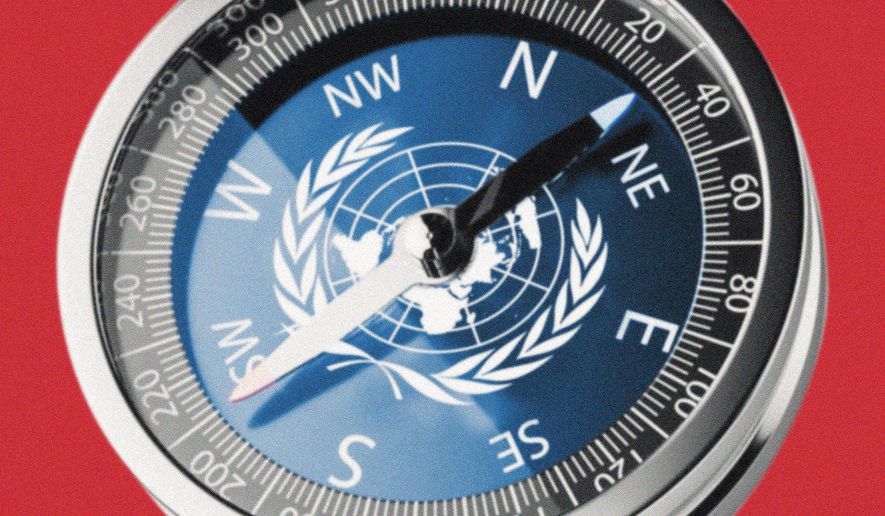OPINION:
The conflict in Ukraine continues to shock the world, recently requiring the United Nations Security Council to convene a special session to address a growing cascade of reports of war crimes and atrocities that have come to light following the withdrawal of Russian troops from areas near Kyiv.
By every standard of measurement — loss of life, displacement of peoples, the humanitarian apocalypse, destruction of entire cities — the world is witnessing an enormous disaster — a tragedy without catharsis.
The enormity of the crisis both unifies and divides at the same time. Some alliances are strengthened, and others diminished. The West —the United States, NATO, the European Union and its liberal democratic allies, some located in Asia — is rallying behind Ukraine in opposition to a very different alliance that features Russia, China, Iran and even North Korea.
These competing alliances, distrustful and increasingly aggressive toward one another, see the world very differently and embrace contrasting worldviews and systems of governance. Each alliance has its narratives — accounts of past history that bring us to the current crisis — that seem irreconcilable, if not untranslatable.
Thus, our Cold War 2.0 world is increasingly divided between the competing superpowers, each claiming entitlement to a broad sphere of influence that requires not only secure borders but a perimeter on all sides populated by friendly or neutral neighbors. It’s as though there have emerged two classes of sovereignty, with autonomy and independence for some nations, and a diminished status for others, determined largely by geographical accident.
In this context, it is entirely conceivable that Ukraine will end up as yet one more frozen conflict, one more tragic symbol of what may become a globalized frozen conflict; one may imagine a global expansion of the division on the Korean peninsula. The gloomier scenario would have this post-post-Cold War moment erupt into World War III.
Meanwhile, the United Nations, particularly the U.N. Security Council, appears especially limited in its capacity to act decisively. Some fear the U.N. is approaching a similar fate as its predecessor, the League of Nations. In large part, this is due to the distrust among the five permanent members of the Security Council, each of which has a veto that has the power to undermine consensus and defeat remediation. Global order hangs in the balance.
Is there not some way to move beyond this impasse? Are there not shared interests, both the most self-serving and the most high-minded, that can provide some basis for a convening of the great powers to map out a path of detente? Needed is a new global compact that reaffirms principles of sovereignty and nonaggression while working toward demilitarization.
The U.N. can and must take the lead. The current geopolitical crisis is at least as serious as our global climate crisis. We all have seen how the limited war of the past five weeks undermines efforts to achieve the Sustainable Development Goals. Imagine what an expanded war would bring.
The U.N. stands at a historic inflection point. The leadership of this global body, demonstrated in developing the United Nations Framework Convention on Climate Change, resulting in the 2015 Paris Agreement, could serve as a model for the development of a Convention on Conflict Prevention and Global Order.
Such a convention could form a Conference of the Parties. It need not address the merits of the various and divergent forms of governance or social and economic systems. Rather it should focus first of all on the way in which the peoples and nations of the world can work together to build a world of lasting peace, mutual respect and global prosperity for generations to come. The focus should be on conflict prevention when global order teeters on the precipice.
Secretary-General Antonio Guterres and the U.N. General Assembly can convene a summit — perhaps at the opening of the 2022 General Assembly, if not sooner — that addresses the current crisis of global order. It is time, for the sake of the world, for the sake of the U.N., and for the sake of our children.
• Thomas Walsh is chair of the Universal Peace Federation, an NGO in general and consultative status with the Economic and Social Council of the United Nations. UPF was founded by Rev. Sun Myung Moon and his wife, Hak Ja Han Moon, who also founded The Washington Times.




Please read our comment policy before commenting.